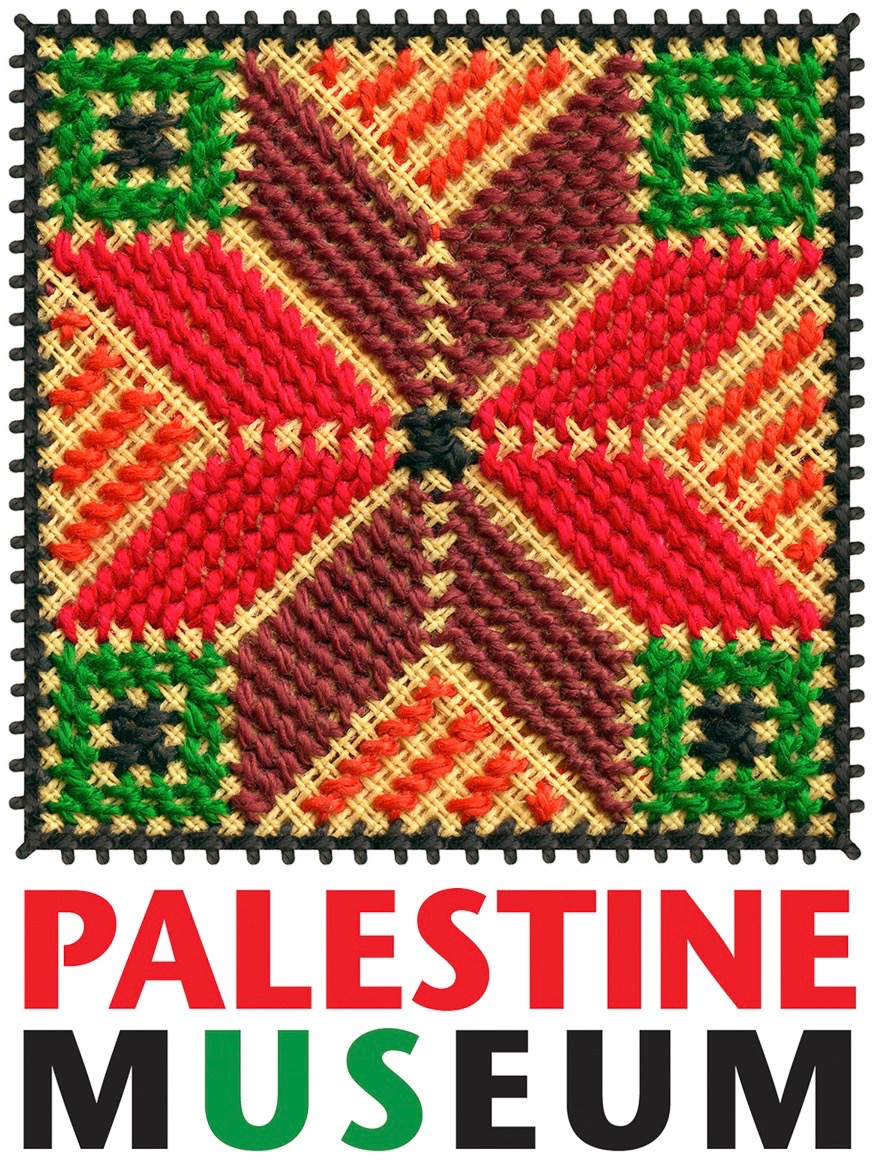Times are based on US Eastern Daylight Savings Time Zone (UTC/GMT - 4)
The screening of the film will be followed by discussions with audience.
To register for this event please click here.
About the Film
This 87-minute documentary film by the late American director David Koff (1939-2014), released in 1981, catalogues the effect of Israeli settlements on Palestinian towns and villages. Talking about “Occupied Palestine” Koff said in advance of its opening at the Palestinian Film Festival in London “it was an effort to give a voice to those people who rarely, if ever, are presented on film.”
The film drew a lot of attention to the condition of Palestinians under Israeli occupation and touched off a storm. A bomb threat to the cinema where it premiered in San Francisco delayed its opening, and as a result other cinemas in the US and elsewhere were reluctant to screen it. Director Koff skillfully painted a portrait of the day today lives of Palestinians under occupation using interviews and historic footage to illustrate the cruelty of the Israeli military rule which many believed planted the seeds for the Intifadas that followed.
About the Director
The Oscar-nominated documentary-maker and political activist David Koff, who has died aged 74, was remarkable in that his work made waves on four continents. Best known in Britain for his film Blacks Britannica (1978), which portrayed the UK as a profoundly racist society, he also caused controversy with his trilogy about colonialism and its after-effects in Africa, his documentary Occupied Palestine (1981) – which led to a bomb threat at its premiere – and his more recent exposés of the plight of migrant workers in the US.
A tall, striking, figure with a pony-tail and beard, he was a familiar sight on picket lines and demonstrations throughout California. Behind the calm and genial manner was a steely resolve. His films, like his politics, were concerned with the underdog, the immigrant or the dispossessed – people who Koff felt did not have a voice.
Born into a Polish-Russian Jewish family in Philadelphia, Koff grew up in Van Nuys, California, where the family moved when he was six. His father, Harry, an insurance agent who started his own firm, met his mother, Ida, when she was working in her father's five-and-dime store. Koff graduated from Stanford University in 1961 and took a master's in political science at Berkeley.
While with civil rights activists in a church in Alabama in 1960, he had heard an African exchange student describe life in Africa. Koff, who later described the event as an "epiphany", decided he should go there. He worked as a teacher in Sierra Leone, a volunteer in Ghana, and in publishing in Kenya and Tanzania. In a cramped hotel room in Nairobi, he ghosted the memoirs of self-styled "Field Marshal" John Okello, who led the revolution in Zanzibar in 1964.
With the Tanzanian broadcaster Msindo Mwinyipembe and a photographer colleague, Anthony Howarth, Koff put together a trilogy of films about East Africa called The Black Man's Land (1973). These explored European colonialism in the region, the emergence and suppression of the Mau Mau in Kenya and the career of that country's first post-independence president, Jomo Kenyatta. A young Peter Frampton provided the musical score.




